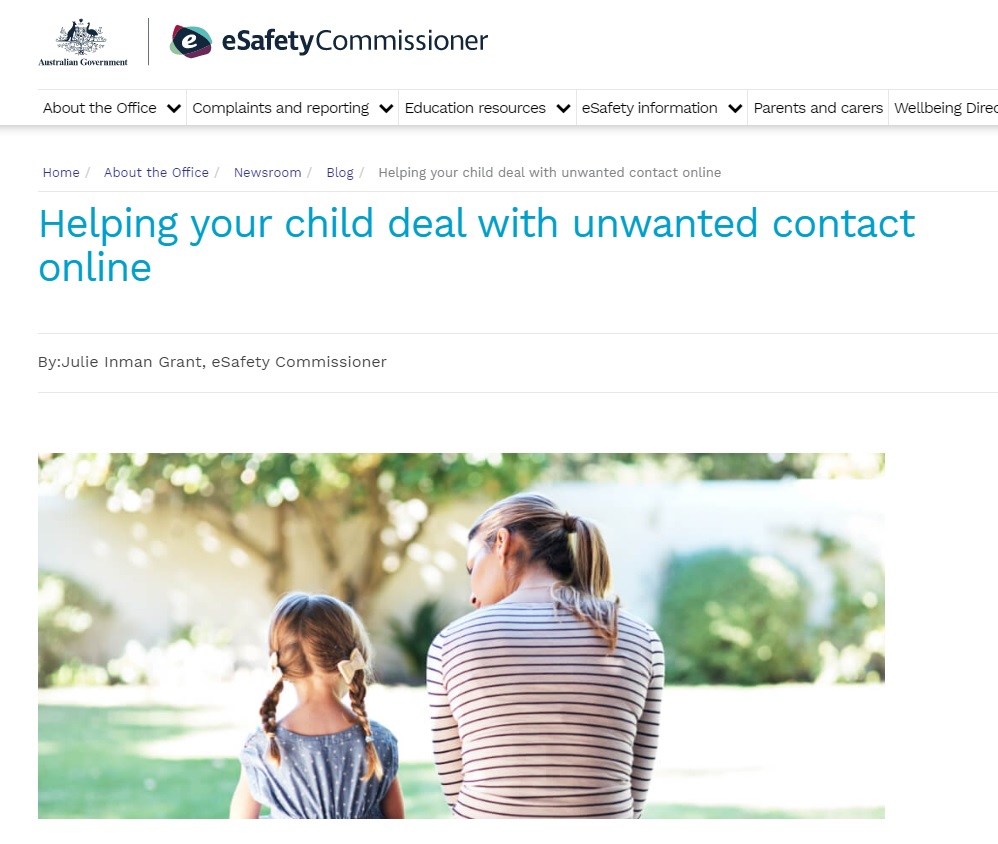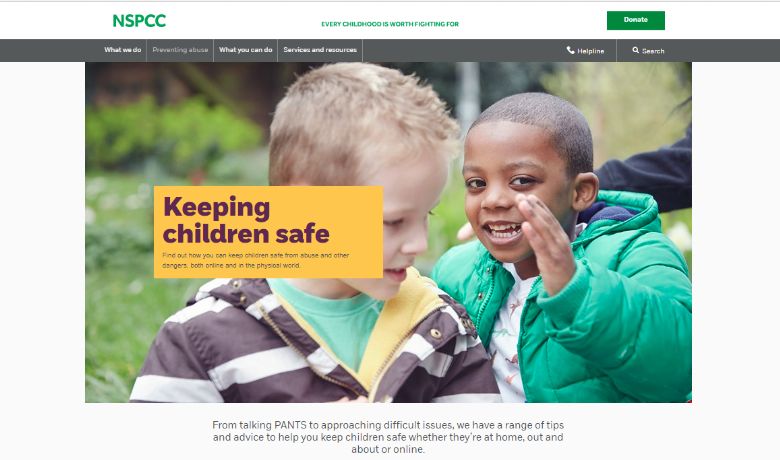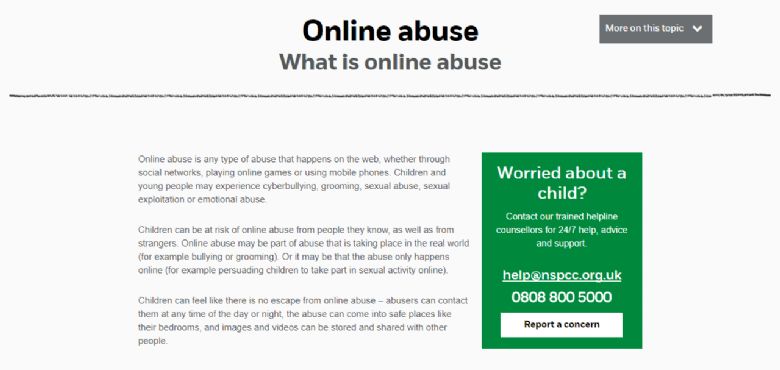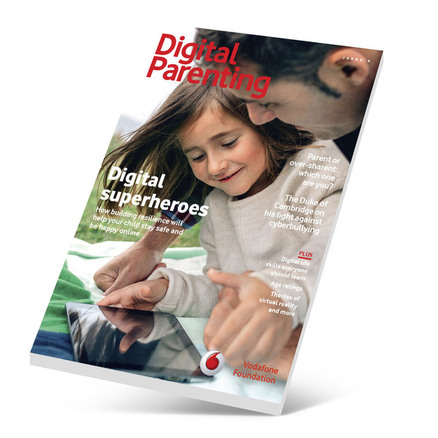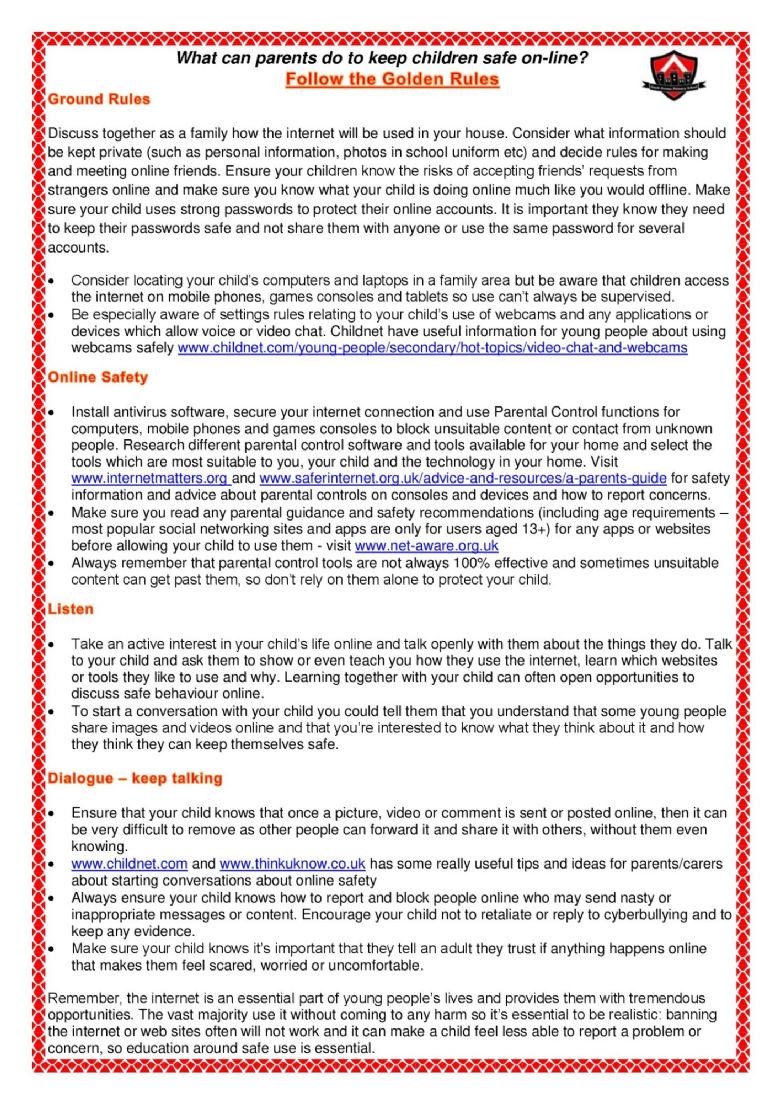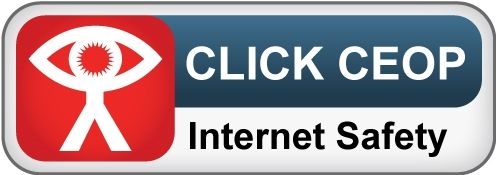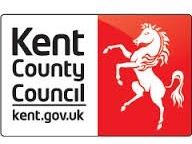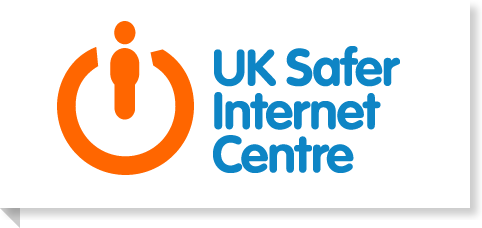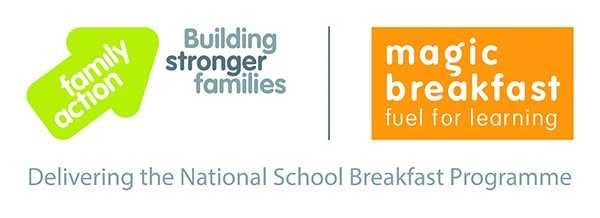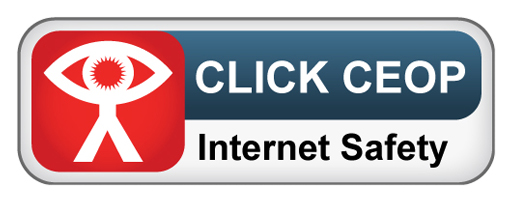Online Safety
What is Online Safety?
- Safe guarding young people (and adults) in the digital world
- Learning, understanding and using new technologies in a positive way
- Adults being educated to be able to support and help young people
- Not about restricting children, but educating them about the risks as well as the benefits, so they can feel confident and happy online
Key Advice For Parents/Carers
- Talk to your child and understand how they are using the internet and their phone,
- Use safety tools & parental controls-if you are not sure how contact your service provider
- Please note tools are not always 100% effective
- Your child is just as likely to be a bully as to be a target. Be alert to your child being upset after using the internet/phone-they may be secretive, change relationships with friends
- Remind your child not to retaliate
- Keep any evidence of cyberbullying emails, online conversations, texts etc to show the school/police
- Report the cyberbullying
Internet Safety with O2
The Internet is a great place for kids to learn, play, create, and connect, but technology is advancing quickly, and parents may find it challenging to keep up.
At O2, we want everyone to safely enjoy the web, so we've created resources to help parents regularly discuss online safety with their children. This empowers families to confidently explore the digital world.
Check out our online safety resources at: https://www.o2.co.uk/help/online-safety
Sexual Abuse Online - Helping my Autistic Child
Click here to download this helpful guide by the Marie Collins Foundation.
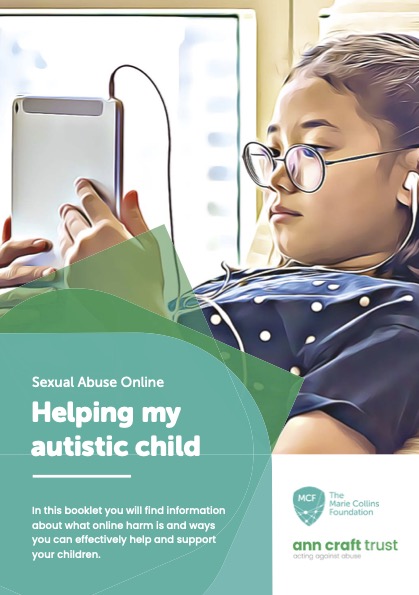
Helping your child to deal with unwanted contact online
This is a useful Australian website. Where it mentions dial (000) parents should dial the UK police:
Parents Protect!
NSPCC
Digital Parenting Magazine
This is an online safety guide for families published by Parent Zone and Vodafone that is distributed throughout schools and youth organisations
There is advice from teachers, parents and online safety experts on subjects ranging from Virtual Reality to Snapchat.
Click here to view all Digital Parenting Magazines.
Parent Information - Snapmaps
On 22 June 2017, SnapChat, a mobile application we are aware that is popular with our children, launched a new feature. SnapMaps allows users to see the location of their contacts. This feature allows others to accurately pinpoint where you are.
ChildNet have posted a thorough explanation of SnapMaps and how to ensure users stay safe.
Please click here to read ChildNet's guide to SnapMaps
http://www.childnet.com/blog/introducing-snap-maps-the-new-location-sharing-feature-in-snapchat
There are three settings for sharing your location on the map, these are; Ghost mode, My Friends, and Select Friends.
Ghost Mode means that you are the only person who can see your location on the map.
Within Ghost Mode you can still see the locations of your friends but they will be unable to see you. This setting will ensure that you have complete control over who knows your location.
My Friends means that all of your contacts on Snapchat can see your location. If turning on this setting then it would be important for users to review their Snapchat contacts and also make sure that they never add someone they don't know in person onto Snapchat.
The Select Friends setting allows users to look through their friend list and then decide which of their friends they want to be able to view their location. This setting gives users the opportunity to control who can view their location.
Please click here to read the BBC News article -
Snapchat map update raises child safety worries
http://www.bbc.co.uk/news/technology-40382876
Here are our Golden Rules for how parents can keep their children safe online:
Ask For Help
- Contact the school so they can take action if it involves another pupil
- Contact the service provider
- If the cyberbullying is serious and a potential criminal offence has been committed then consider contacting the police or the CEOP (Child Exploitation and Online Protection centre).
Ceop (Child Exploitation and Online Protection Centre)
The CEOP is a command of the National Crime Agency, and is dedicated to tackling the sexual abuse and exploitation of children and young people. CEOP helps young people (up to age 18) who have been forced or tricked into taking part in sexual activity with anyone online or in the real world. It also offers advice and links to support in response to other online problems young people might face, such as cyberbullying or hacking.
For information, advice and to report concerns directly to CEOP, visit the Safety Centre by clicking on the Click CEOP button below:
Useful Information
Education again Hate - Practical advice for protecting children from extremism and radicalisation
NSPCC website www.nspcc.org.uk/preventing-abuse/keeping-children-safe/online-safety/
Parents and guardians can find useful information at the Parent Info website.
There are articles, tips, expert advice and resources designed to help parents keep up with what their children are doing on-line.
Thinkuknow web site - for 5-7 year olds http://www.thinkuknow.co.uk/5_7/
Thinkuknow web site - for 8-10 year olds http://www.thinkuknow.co.uk/8_10/
For general information for all age groups and parents http://www.thinkuknow.co.uk/
Kent County Council online e-safety
http://www.kent.gov.uk/education-and-children/protecting-children/online-safety
KidSMART - http://www.kidsmart.org.uk/
Parent Zone - http://parentzone.org.uk/
Childnet - http://www.childnet.com/
UK Safer Internet Centre - http://www.saferinternet.org.uk/
Vodafone Digital Parenting Magazine http://www.vodafone.com/content/parents/digital-parenting.html


